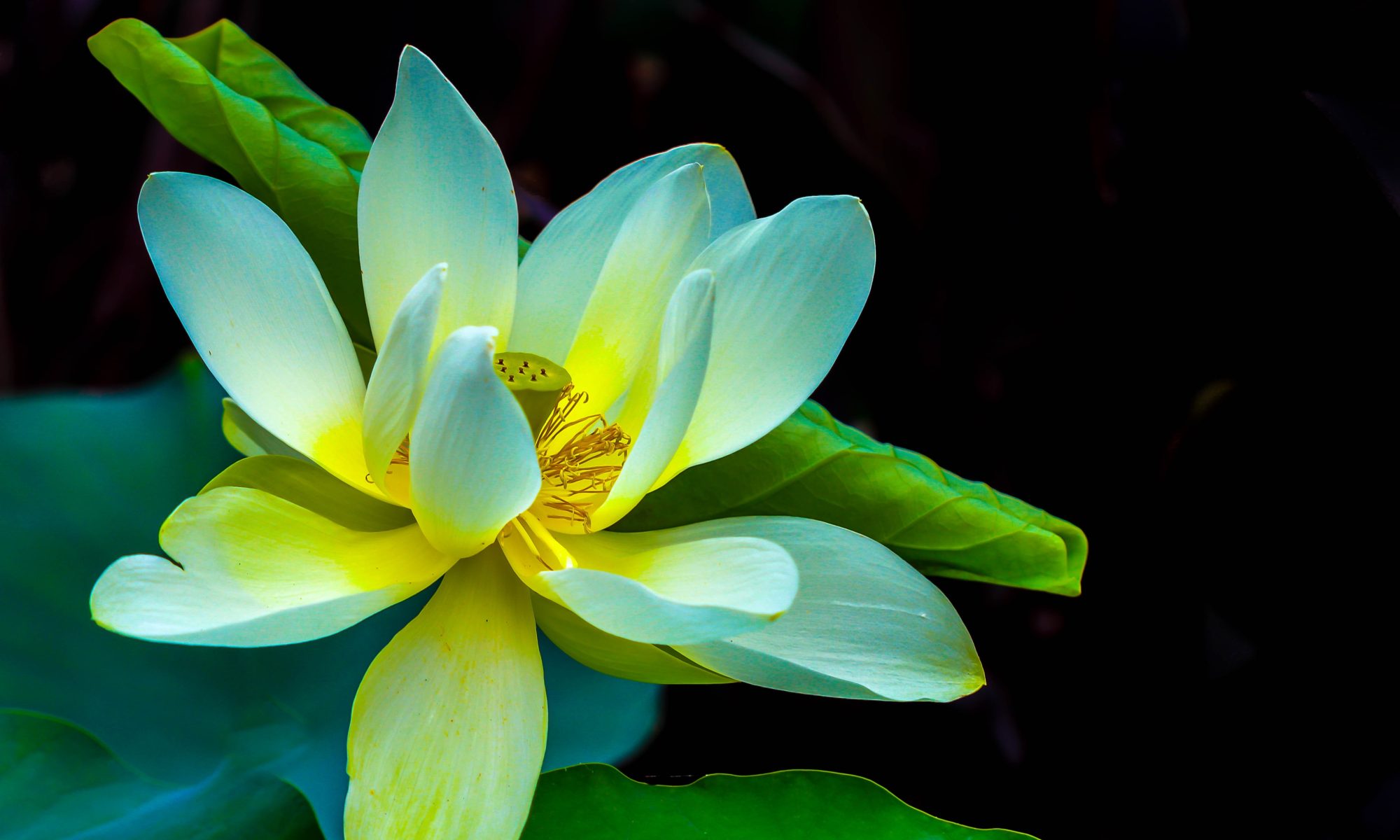- 10 May 2020 Sunday class:
Bro Teoh’s 7 April and 9 April 2020 Tuesday/Thursday classes – Heart Sutra (2nd Edition)
- 7 April 2020 Tuesday class:
|
4th Lesson. Heart Sutra (2nd Edition) Complete audio of the talk can be downloaded : https://broteoh.com/wp-content/uploads/Teoh-Thu-200407.mp3 Reference not…
youtu.be
|
Audio link: https://broteoh.com/wp-content/uploads/Teoh-Tue-200407.mp3
|
7th Zoom Conference hosted by Bro Teoh Complete audio of the talk can be downloaded : https://broteoh.com/wp-content/uploads/Understanding-Rebirth-Teoh-Tue-2…
youtu.be
|
- 9 April 2020 Thursday class
|
5th Lesson. Heart Sutra (2nd Edition) Complete audio of the talk can be downloaded : https://broteoh.com/wp-content/uploads/Teoh-Thu-200409.mp3 Reference not…
youtu.be
|
https://broteoh.com/wp-content/uploads/Teoh-Thu-200409-Conversation-from-6th-Patriarch-Story.pdf
Bro Teoh’s Tuesday/Thursday classes dated 31 March and 2 April 2020
- 31 March 2020 Tuesday class:
|
2nd Lesson. Heart Sutra (2nd Edition) Complete audio of the talk can be downloaded : https://broteoh.com/wp-content/uploads/Teoh-Tue-200331.mp3 Reference not…
youtu.be
|
|
Heart Sutra cum Meditation Classes Short Notes Compiled from the weekly Sunday Heart Sutra cum Meditation Classes conducted by: Bro. Teoh Kian Koon
broteoh.com
|
- 2 April 2020 Thursday class
|
3th Lesson. Heart Sutra (2nd Edition) Complete audio of the talk can be downloaded : hhttps://broteoh.com/wp-content/uploads/Teoh-Thu-200402.mp3 Reference no…
youtu.be
|
Audio link: https://broteoh.com/wp-content/uploads/Teoh-Thu-200402.mp3
Bro Teoh’s 29 March 2020 Sunday class ( Unique Dhamma Quotes, 1st Lesson. )
- 29 March 2020 Thursday class:
|
3rd Zoom Conference hosted by Bro Teoh Complete audio of the talk can be downloaded : https://broteoh.com/wp-content/uploads/Teoh-WPCS-200329.mp3 Reference n…
youtu.be
|
Bro Teoh’s 1st online Zoom video conference – 24 March 2020 Tuesday dhamma class
|
1st Zoom Conference Complete audio of the talk can be downloaded : https://broteoh.com/wp-content/uploads/Teoh-Tue-200324.mp3 Whiteboard : https://broteoh.co…
youtu.be
|
Audio link: https://broteoh.com/wp-content/uploads/Teoh-Tue-200324.mp3
Short notes link: https://i2.wp.com/broteoh.com/wp-content/uploads/Teoh-Tue-200324.jpg?resize=150%2C150&ssl=1
Bye! and with metta always,
Bro Teoh
23 March 2020: Special annoucement
- We are pleased to annouced that our 1st Zoom video conference dhamma sharing scheduled to go ahead on the 24 March will be on. Sadhu! x3.
- To join our Zoom video conference dhamma class you can click on the following link:
Bro Teoh *Tues* Class 19May2020 *(Tonight)*
|
Zoom is the leader in modern enterprise video communications, with an easy, reliable cloud platform for video and audio conferencing, chat, and webinars across mobile, desktop, and room systems. Zoom Rooms is the original software-based conference room solution used around the world in board, conference, huddle, and training rooms, as well as executive offices and classrooms. Founded in 2011, Zoom helps businesses and organizations bring their teams together in a frictionless environment to get more done. Zoom is a publicly traded company headquartered in San Jose, CA.
zoom.us
|
# *QUERY*..RAISE HAND to ask adhoc Qs
Sent from Outlook Mobile
Bro Teoh’s 23 Feb 2020 Sunday class
|
Complete audio of the talk can be downloaded : https://broteoh.com/wp-content/uploads/11-The-Path-To-The-Truth-For-The-Modern-Day-Bodhisattva-23-Feb-2020.mp3…
youtu.be
|
Whiteboard link: https://i1.wp.com/broteoh.com/wp-content/uploads/11-The-Path-To-The-Truth-For-The-Modern-Day-Bodhisattva-23-Feb-2020.jpeg?resize=150%2C150&ssl=1
Bro Teoh’s 13 Feb 2020 Thursday class
Bro Teoh’s 9 Feb 2020 Sunday class
Whiteboard link: https://i2.wp.com/broteoh.com/wp-content/uploads/10-The-Path-To-The-Truth-For-The-Modern-Day-Bodhisattva-9-Feb-2020.jpeg?resize=150%2C150&ssl=1
Bro Teoh’s 6 Feb 2020 Thursday class
|
Complete audio of the talk can be downloaded : https://broteoh.com/wp-content/uploads/Teoh-Thu-200206.mp3 Whiteboard note : https://broteoh.com/wp-content/up…
youtu.be
|
Whiteboard link: https://i1.wp.com/broteoh.com/wp-content/uploads/Teoh-Thu-200206.jpeg?resize=150%2C150&ssl=1
Bro Teoh’s 4 Feb 2020 Tuesday class
|
Complete audio of the talk can be downloaded : https://broteoh.com/wp-content/uploads/Teoh-Tue-200204.mp3 Whiteboard : https://broteoh.com/wp-content/uploads…
youtu.be
|
Video link 2: https://youtu.be/OXCW8qfFGUg
|
Complete audio of the talk can be downloaded : https://broteoh.com/wp-content/uploads/Teoh-Tue-200204.mp3 Whiteboard : https://broteoh.com/wp-content/uploads…
youtu.be
|
Whiteboard link: https://i2.wp.com/broteoh.com/wp-content/uploads/Teoh-Tue-200204.jpg?resize=150%2C150&ssl=1












